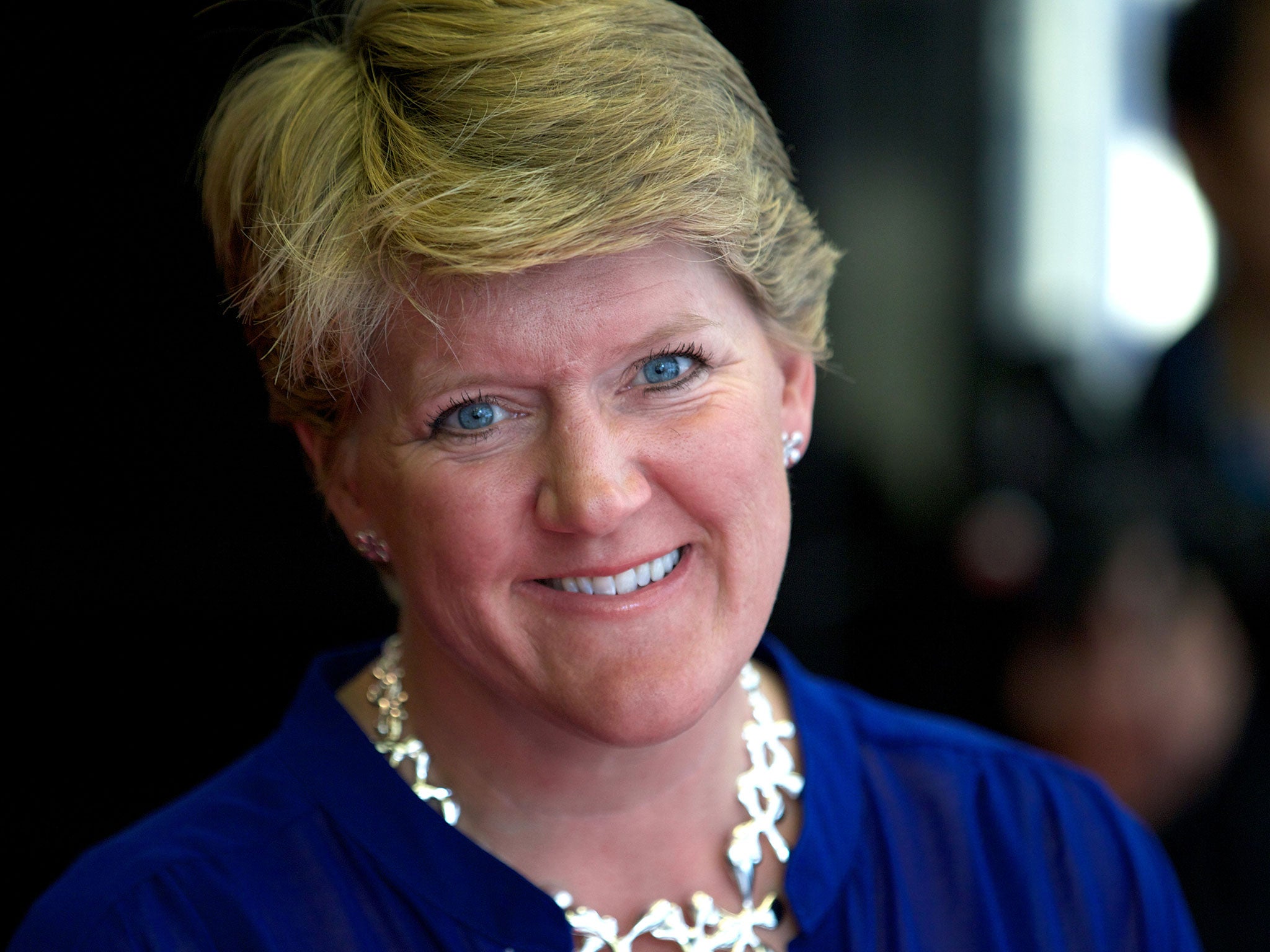BBC pay: High-profile female presenters demand action on gender pay gap in open letter to Tony Hall
Stars call for change 'now' rather than by previous 2020 deadline

Your support helps us to tell the story
From reproductive rights to climate change to Big Tech, The Independent is on the ground when the story is developing. Whether it's investigating the financials of Elon Musk's pro-Trump PAC or producing our latest documentary, 'The A Word', which shines a light on the American women fighting for reproductive rights, we know how important it is to parse out the facts from the messaging.
At such a critical moment in US history, we need reporters on the ground. Your donation allows us to keep sending journalists to speak to both sides of the story.
The Independent is trusted by Americans across the entire political spectrum. And unlike many other quality news outlets, we choose not to lock Americans out of our reporting and analysis with paywalls. We believe quality journalism should be available to everyone, paid for by those who can afford it.
Your support makes all the difference.Some of the BBC's most high-profile female personalities are preparing to revolt if their demands to tackle the gender pay gap are not met.
Household names including presenters Clare Balding, Victoria Derbyshire and Angela Rippon are among more than 40 women to have signed a frank open letter to Director-General Tony Hall, urging him to “correct this disparity” over gender pay, which they say has been known within the corporation “for years”.
One Show host Alex Jones, the Antiques Roadshow's Fiona Bruce and Newsnight presenter Emily Maitlis have also added their backing to sorting out pay inequality “now”, rather than by Lord Hall's self-imposed 2020 timescale.
It comes after documents setting out the pay for staff on more than £150,000 showed a sizeable gap in the earnings of the corporation's most well-known male and female presenters and actors, with Radio 2 presenter Chris Evans topping the list on more than £2m, while the highest paid woman was Strictly Come Dancing's Claudia Winkleman on between £450,000-£499,999.
In the letter, the signatories say they will be “prepared to meet” Mr Hall “so that future generations of women do not face this kind of discrimination”.
It reads: “The pay details released in the Annual report showed what many of us have suspected for many years...that women at the BBC are being paid less than men for the same work.
“Compared to many women and men, we are very well compensated and fortunate. However, this is an age of equality and the BBC is an organisation that prides itself on its values.
“You have said that you will 'sort' the gender pay gap by 2020, but the BBC has known about the pay disparity for years.
“We all want to go on the record to call upon you to act now.”
Wimbledon presenter Sue Barker, Today programme journalists Mishal Husain and Sarah Montague and BBC Breakfast regular Sally Nugent are among those to have added their names to the list.
Correspondents including Katya Adler and Lyse Doucet have also backed the move to end discrimination against women.
The letter adds: “Beyond the list, there are so many other areas including production, engineering and support services and global, regional and local media where a pay gap has languished for too long.
“This is an opportunity for those of us with strong and loud voices to use them on behalf of all, and for an organisation that had to be pushed into transparency to do the right thing.
“We would be willing to meet you to discuss ways in which you can correct this disparity so that future generations of women do not face this kind of discrimination.”
Speaking at the launch of the annual report, Lord Hall said there was “more to do” on how the licence fee was spent.

He said: “At the moment, of the talent earning over £150,000, two thirds are men and one third are women.
“Is that where we want to be? No. Are we pushing further and faster than any other major broadcaster? Most certainly.
“We've already set a clear and strong target for what we want to achieve by 2020: we want all our lead and presenting roles to be equally divided by men and women.
“This is already having an impact - of the top talent we have hired or promoted in the last three years, more than 60 per cent are women.”
A senior Conservative source said Theresa May also backed action to reduce the gap between male and female pay.
He said: “As Mr Hall has said, it has thrown up some interesting information with regards to the gender pay gap that he wants to see tackled. We also want to see it tackled.
“We think that in order for that to happen, this is a very important tool and we would like to see the BBC continue to publish it.”
A BBC spokesman said: “We have made significant changes over the last three years but need to do more. Mr Hall has pledged the BBC will go further faster.
“Across the BBC, the average pay of men is 10 per cent higher than women. The national average is 18 per cent.
“We are committing to closing it by 2020 - something no other organisation has committed to doing.
“The BBC's workforce has been hired over generations and this is complex and cannot be done overnight.
“We are, however, confident that when these figures are published again next year they will show significant progress towards that goal.
“Mr Hall meets staff all the time and will of course meet individuals to hear their thoughts as we work to accelerate change.”
Press Association
Join our commenting forum
Join thought-provoking conversations, follow other Independent readers and see their replies
Comments